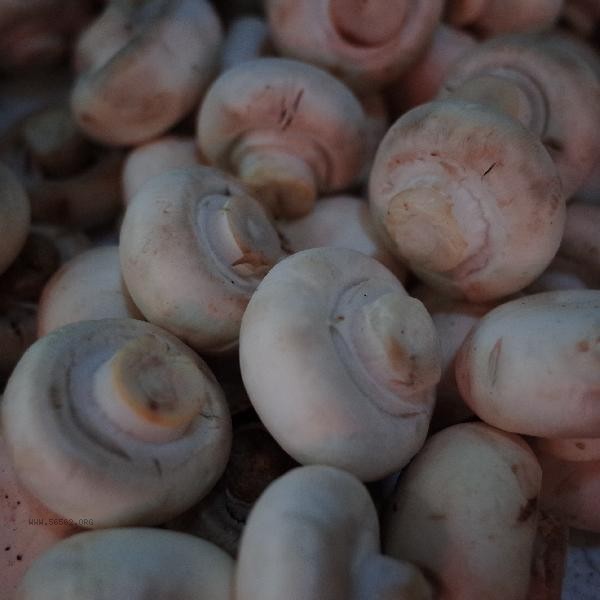It is generally not recommended to consume fresh mushrooms that have been frozen for one year. The shelf life of frozen mushrooms is generally 3-6 months. If it exceeds one year, the quality may decrease due to oxidation, water loss, or ice crystal damage, posing a food safety risk. Frozen mushrooms can slow down microbial growth in low-temperature environments, but long-term storage still faces issues of nutrient loss and decreased taste. The polyphenol oxidase in mushrooms may still act slowly in a frozen state, leading to color browning and flavor changes. The cell wall is prone to damage during repeated freeze-thaw cycles, and the texture will become soft and rotten after thawing. Temperature fluctuations in household refrigerators may accelerate fat oxidation and produce odors. If not thoroughly cleaned or packaged tightly before freezing, it may also breed low-temperature tolerant psychrophilic bacteria.

In special circumstances, some varieties of mushrooms may have no abnormalities in appearance after being frozen for one year, but they must meet strict conditions. Mushrooms that have undergone industrial quick freezing treatment can better maintain the integrity of their cell structure due to the instantaneous low temperature, which is difficult to achieve in home freezing. Vacuum packaging to isolate oxygen can delay oxidation, but ordinary household storage usually uses fresh-keeping bags or sealed boxes. If mushrooms are blanched before freezing, some enzymes may be inactivated and the shelf life may be slightly extended. However, there is still a significant decrease in nutritional value.

It is recommended to divide mushrooms into small portions and freeze them to avoid repeated thawing. The freezing date should be marked for timely consumption. Choose fresh and undamaged mushrooms, wash them, drain them, and then freeze them. After blanching, squeeze out the water and freeze, extending the shelf life to 6-8 months. If mushrooms are found to have mucus, odor, or abnormal color after thawing, they should be discarded immediately. Daily dietary safety should be taken seriously, and frozen foods that have exceeded their shelf life should be treated with caution even if they appear normal in appearance.










Comments (0)
Leave a Comment
No comments yet
Be the first to share your thoughts!